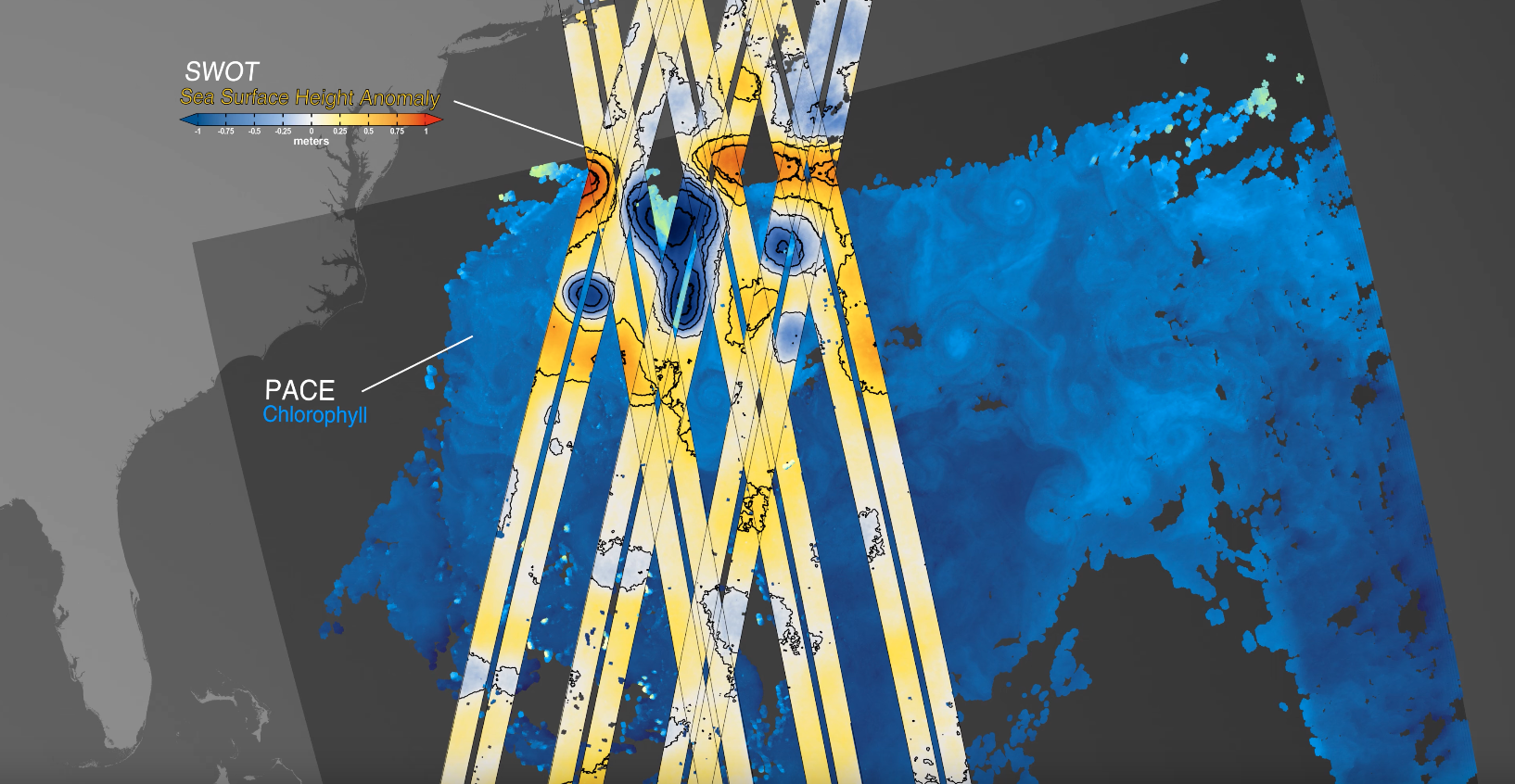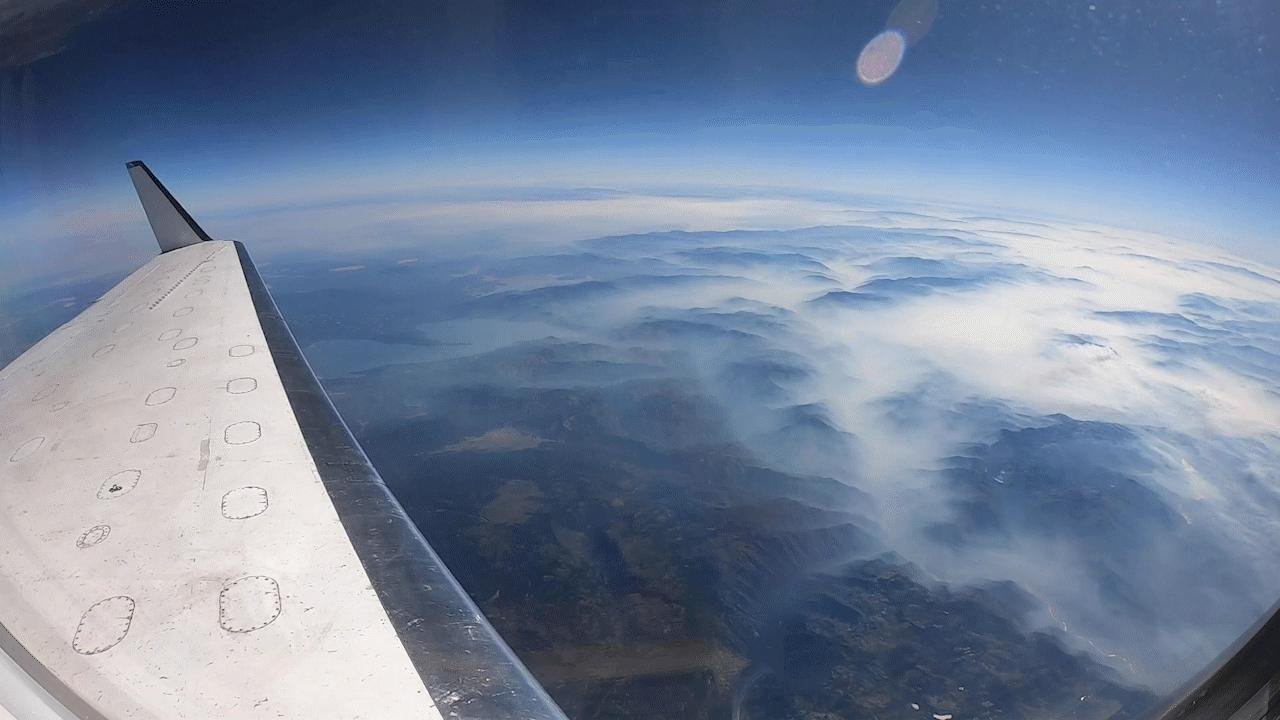2 min read
A research paper was published in February 2021 in the Journal of Emerging Investigators by a student who participated in the summer 2020 Mosquito Mappers Virtual Internship cohort. Dr. Rusty Low, Institute for Global Environmental Strategies (IGES), led this project. The Virtual Mosquito Mappers were part of the 2020 STEM Enhancement in Earth Science program. High school student Kavita Kar’s paper titled The Effect of Poverty on Mosquito-borne Illness Across the United States seeks to determine the characteristics that make some communities more susceptible to diseases than others. Kar hypothesized that low-income communities are more vulnerable to mosquito-borne diseases. To test this hypothesis, she identified and studied characteristics that make communities susceptible to mosquito-borne diseases, including water in square miles, average temperature, population, population density, and poverty rates per county. Kar used regression analysis to understand the relationship between the above variables and the total number of mosquito-borne disease cases.
The Virtual Mosquito Habitat Mapper research involved 70 students in 150 hours of summer research in 2020, resulting in 40 submitted GLOBE International Virtual Science Symposium (IVSS) projects and, to date, five journal submissions.








